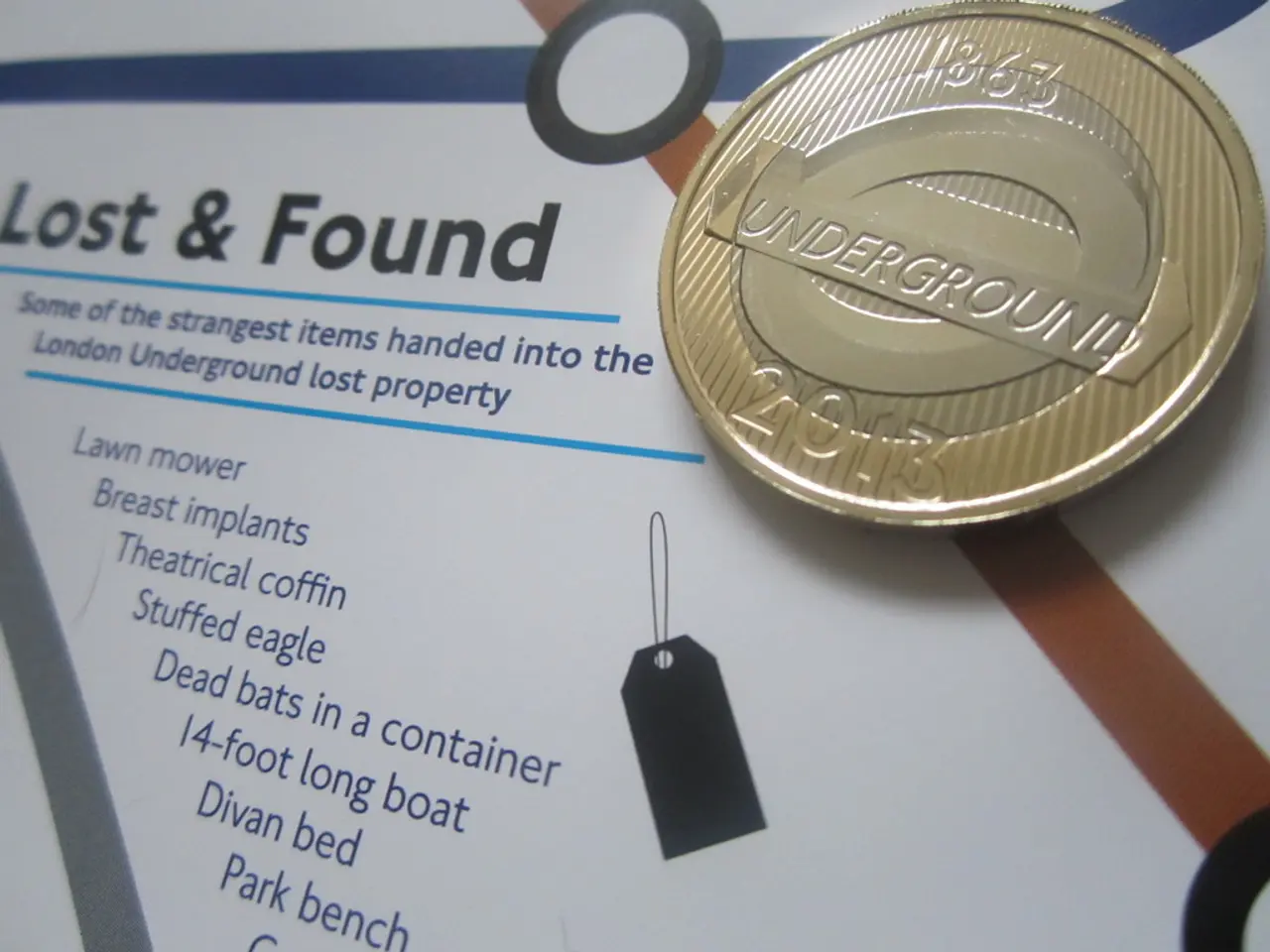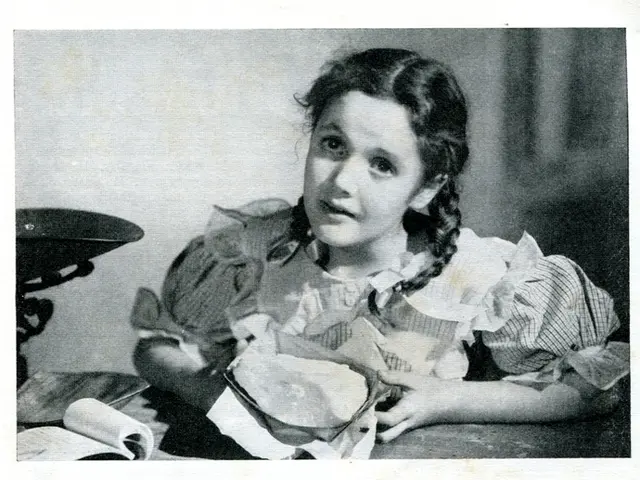The Significance of Real Cash for Generation Z: Why Modern Youth Still Embrace Tangible Currency
In an increasingly digital world, cash continues to hold significant value for budgeting and spending control among younger Europeans, particularly Gen Z and Millennials. This trend is evident in the growing popularity of "cash stuffing," a method where physical cash is allocated into envelopes for different spending categories, helping individuals avoid overspending and debt.
Research conducted by NielsenIQ on behalf of Diebold Nixdorf supports this, with the study showing that cash is known as an antidote to overspending and helps visualize limits, contributing to greater financial awareness. In Ireland, young adults aged 18-24 are the heaviest users of cash, with 35% reporting that they use it daily.
While younger generations also embrace digital payments heavily, they still rely on cash to maintain discipline in spending and to avoid debt or impulse buying. The tactile experience of cash offers a welcome respite from tech overload for these individuals, who often report feeling digitally fatigued and turn to analog hobbies for a break from screens.
The best customer experience offers flexibility, allowing people to choose the right payment method for each situation. Younger Europeans are seeking freedom of choice in payment methods, with cash continuing to play an active role. A study by YouGov commissioned by Diebold Nixdorf found that between 70 and 90% of consumers would not open an account with a bank that doesn't provide easy access to cash withdrawals.
The relevance of cash among Gen Z and Millennials in Europe lies in its effectiveness as a budgeting tool and spending safeguard, even as these generations integrate digital payments into their financial lifestyles. This coexistence reflects a nuanced financial behavior shaped by economic uncertainty and value-consciousness.
Helena Mueller, VP Banking Europe at Diebold Nixdorf, emphasizes the importance of banks' diversity and inclusion efforts and commitment to environmental, social, and governance principles. These initiatives translate into revenue advantages and higher customer loyalty among Millennials and Gen Zers, who advocate for greater social equity.
In conclusion, cash's relevance among Gen Z and Millennials in Europe is a testament to its practicality and effectiveness as a tool for managing budgets and controlling spending. Despite the prevalence of digital payments, cash continues to hold a special place in the financial lives of younger generations.
- Cash is serving as an effective budgeting tool and spending safeguard for Gen Z and Millennials in Europe, contributing to greater financial awareness.
- While younger generations in Europe are heavily embracing digital payments, they still rely on cash to maintain discipline in spending and avoid debt or impulse buying.
- Helena Mueller, VP Banking Europe at Diebold Nixdorf, highlights the importance of banks' diversity and inclusion efforts and commitment to environmental, social, and governance principles, which translate into revenue advantages and higher customer loyalty among Millennials and Gen Zers.
- Flexibility in payment methods is crucial for younger Europeans, with cash continuing to play an active role and 70-90% of consumers indicating that they would not open an account with a bank that doesn't provide easy access to cash withdrawals.




